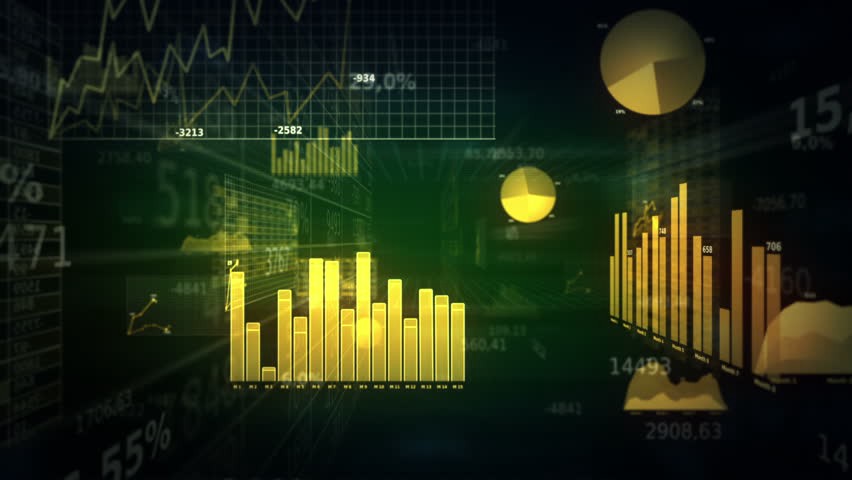Christian Super is not stopping with its 10% allocation to impact investments, which is already impressive for an institutional investor. To the more than AU$100 million out of its $1.3 billion portfolio, the Australian pension fund has committed another $50 million.
The kicker: the impact portfolio has exceeded performance benchmarks at a lower risk than other asset classes (except cash).
The endgame: changing the way that investing happens by showing that there need not be a conflict between achieving real change in the world and strong financial performance.

At the GSG Impact Summit in Chicago this week, Christian Super, and its chief investment officer Tim Macready, was honored as the Asset Owner of the Year. (Australian “super funds” are defined-contribution retirement schemes. Individuals must have such a retirement account, but can choose their own fund. Most super funds offer a variety of investment options, generally with a mix of different asset classes).
Christian Super seeks to embed members’ values into its investment portfolios. This excludes companies with activities deemed harmful, and applies an ESG lens (for environmental, social and governance factors). The impact investing portfolio goes even further, seeking out private-equity and other opportunities that deliver financial returns along with social impact. The ESG policies and impact investment assets, are integrated into all fund members’ portfolios (except cash) in accordance with their risk-return profiles.
Christian Super is spinning out its expert impact team into a new company, Brightlight Impact Advisory, to help more institutional investors access their expertise.
As a pension fund, Christian Super does not have a mandate to target specific problems. Instead, the fund seeks to increase the extent to which its investment portfolio contributes to human flourishing and environmental care. It pays particular attention to intentionality and additionality. The outcome is a diversified portfolio, with assets ranging from social infrastructure, renewables, financial inclusion, education and to healthcare in both Australia and emerging and frontier markets.
Unlike other pension funds, Christian Super does not integrate publicly listed assets into its impact portfolio. “When we talk about impact investments, we’re talking about more cutting edge parts of the portfolio,” says Macready.
An early move into renewables just before the 2008 financial crisis was challenged by the drop in oil prices.
Christian Super makes some unusually small deals for a pension fund. Their first Social Impact Bond move was only AU$ 750,000.
The fund tracks metrics like renewable energy produced, financial products provided, students educated, or children reunited with their families. The metrics are often selected by the pension fund’s outside fund managers, who are required to report annually based on their own theory of change. A selection of those metrics is reported to members annually, so they can see the impact they are having individually and collectively.
Like a number of its peers, Christian Super has been tracking the U.N.’s 2030 Sustainable Development Goals. Macready says the SDG are helpful as a reporting tool to track the sources of impact, but less so as an asset allocation tool. “Some investments hit multiple areas, and an SDG may have a wide variety of instruments underneath it in terms of risk/return outcomes,” Macready says.
Christian Super’s portfolio has charted a course and expertise that more institutional investors can learn from. Fellow Australian institutional investors are joining Christian Super on the impact journey, from HESTA’s allocation to Social Ventures Australia, Local Government Super’s green bonds, or QBE allocating to social impact bonds.
“We are often challenged with questions as to whether it’s actually possible as a fiduciary to build a viable impact portfolio, but I think that our 10 year track record is sufficient to dispel that myth,” Macready says. “We get questions as to how much impact we’re actually having, but again we can demonstrate outputs and outcomes to dispel this.”











